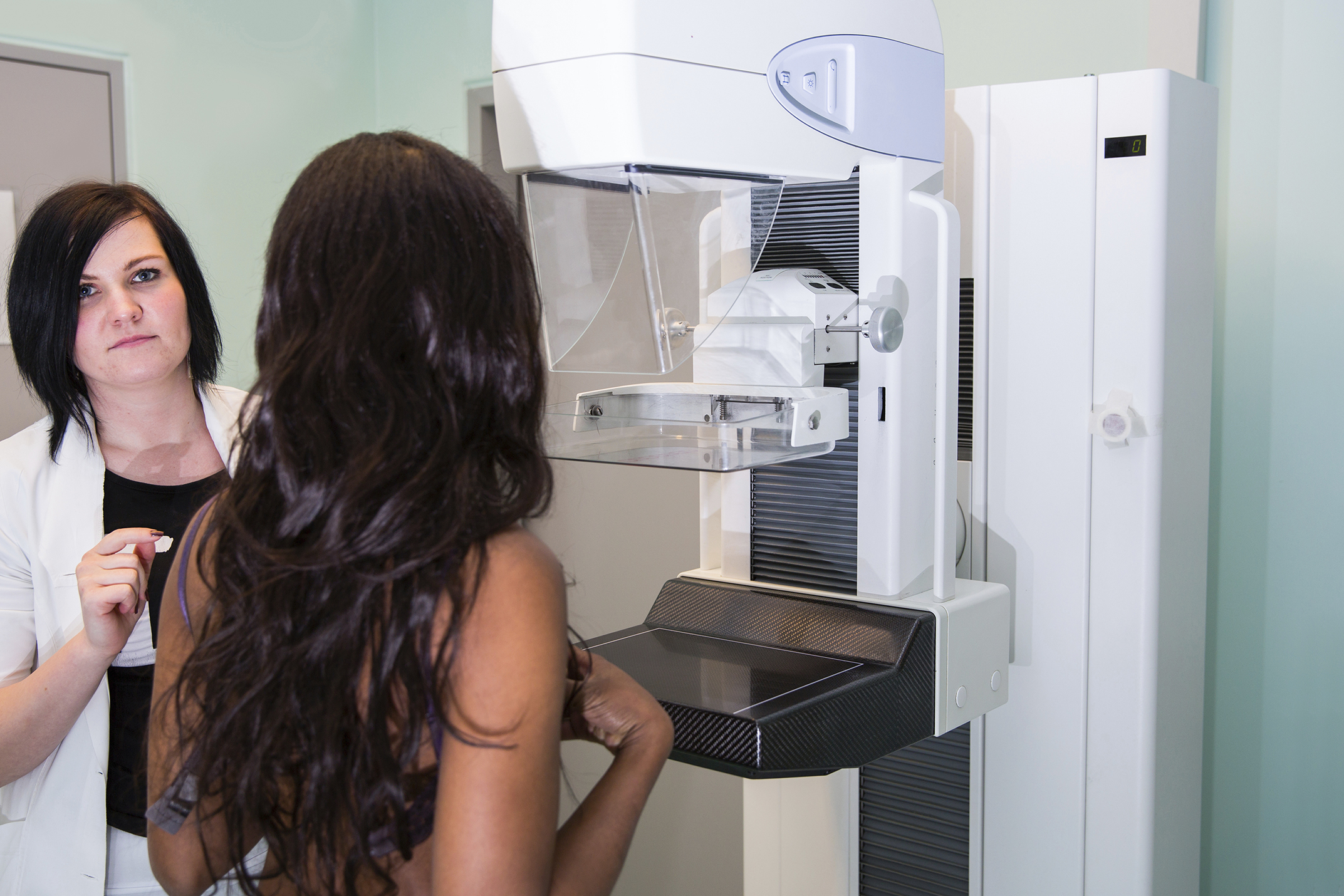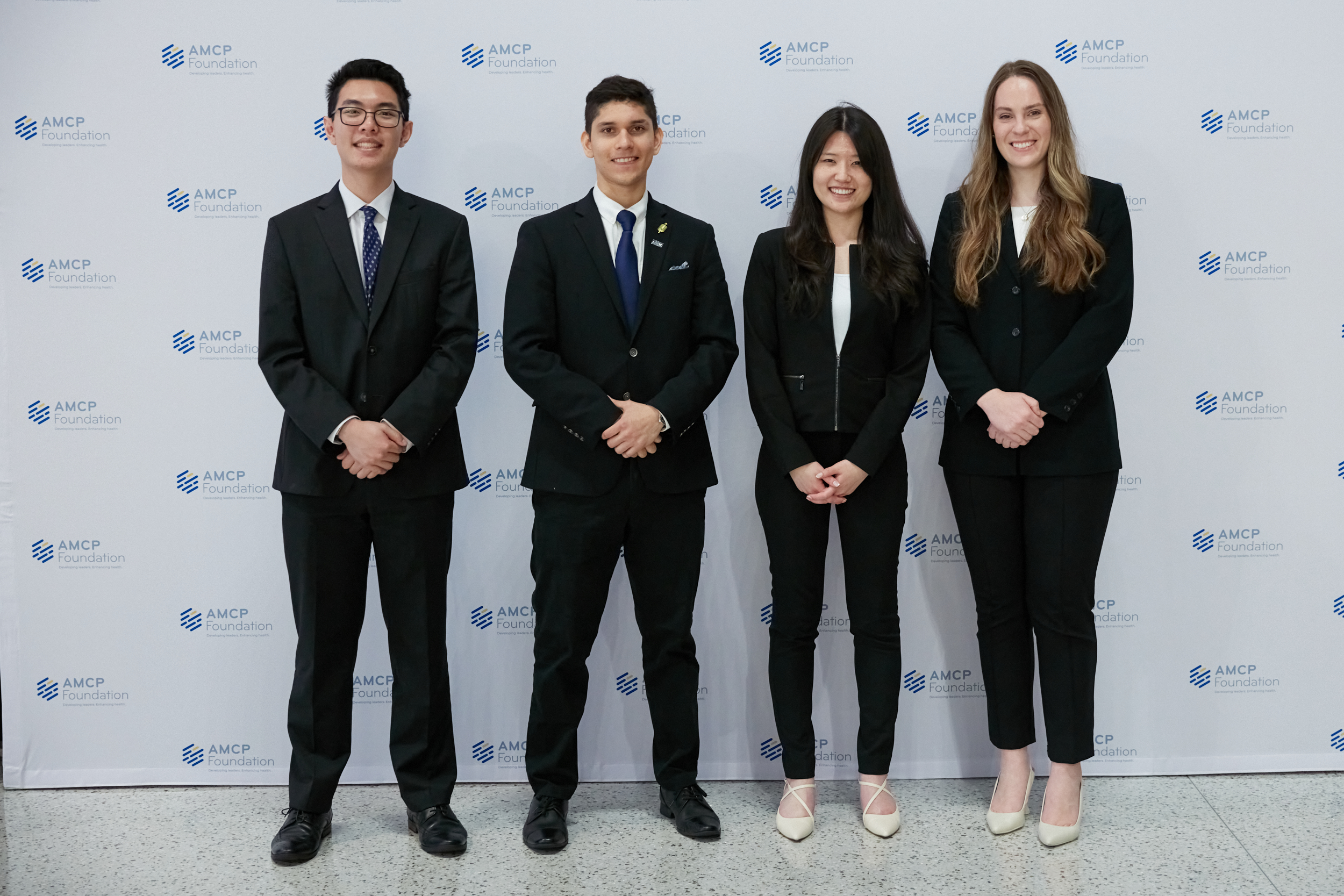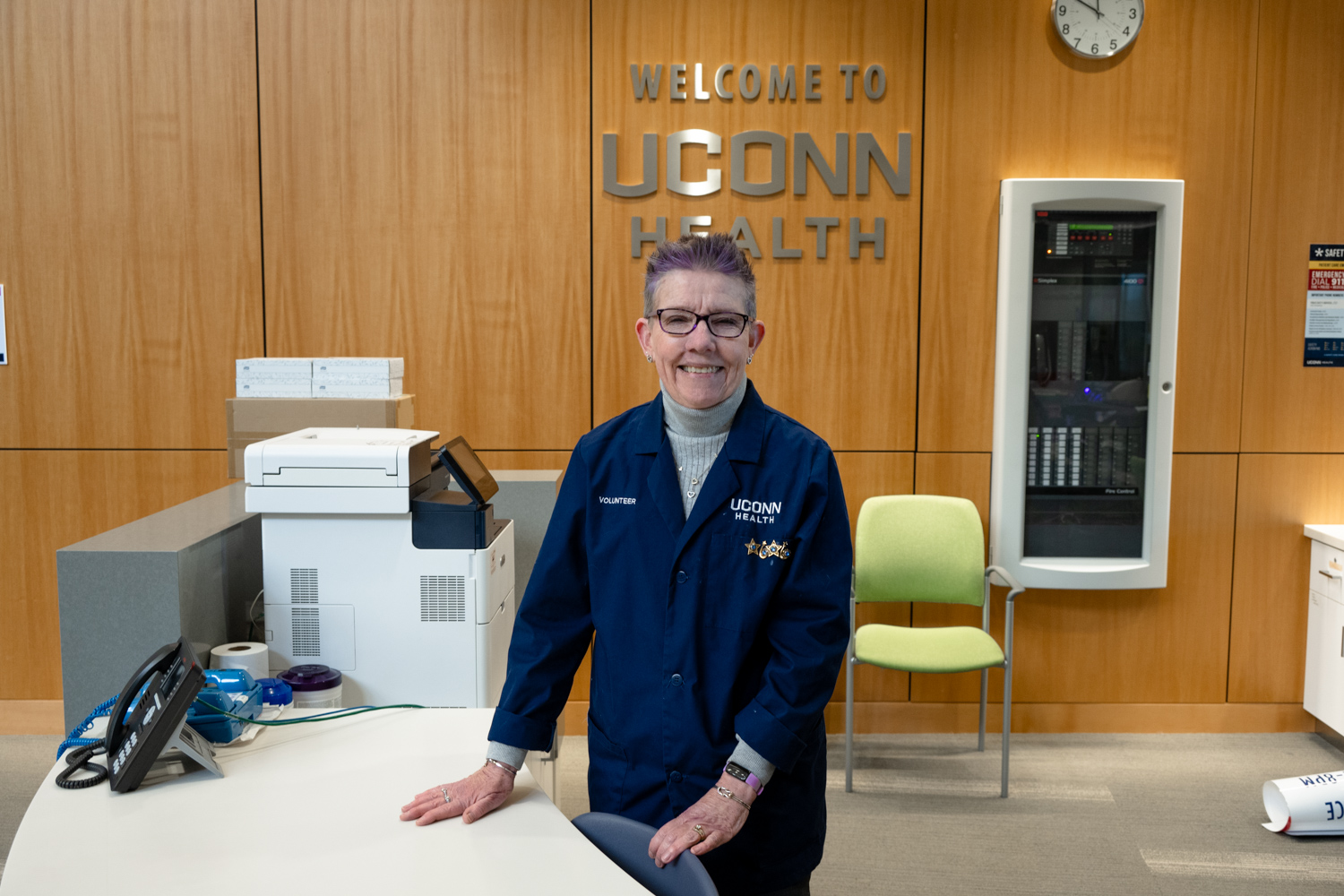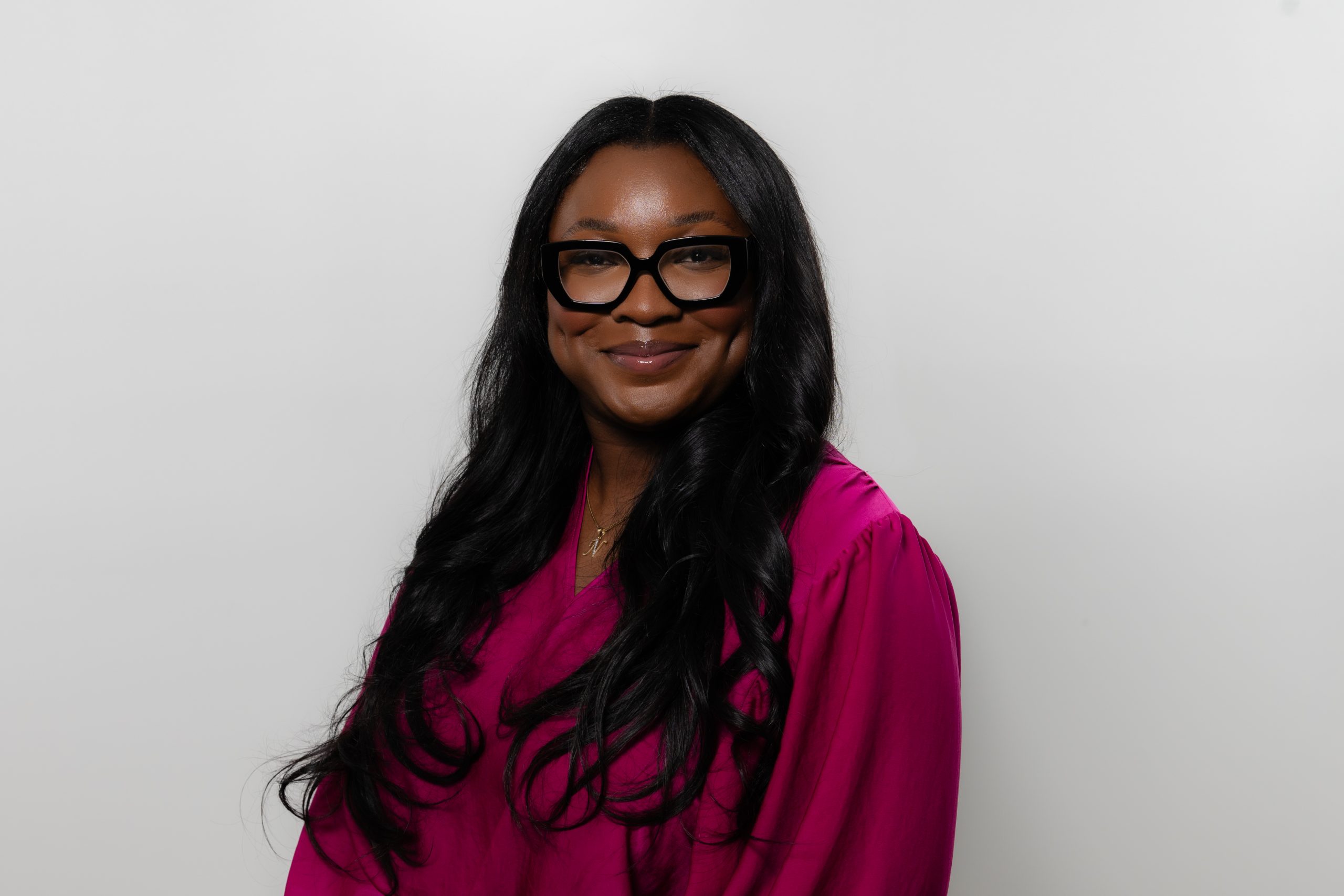A grant from Connecticut’s Susan G. Komen Foundation enables a new UConn Health educator to go into the local community and raise awareness about breast cancer and the importance of early detection among African American and Latina women.
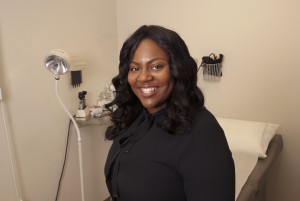
Community Breast Navigator Rashea Banks began working full time in September at Community Health Services, a federally qualified community health center in the north end of Hartford, Conn.
Banks provides one-on-one counseling about breast cancer early detection with women visiting Community Health Services. She has already met with more than 72 women, including scheduling 25 mammogram screenings.
When patients are scheduled for mammograms, Banks tracks their experience. Should mammogram results detect any abnormalities she then connects the patient with the Breast Nurse Navigator Molly Tsipouras at UConn Health in Farmington, who assists in their needed work-up and treatment. Banks also distributes mammogram magnets to serve as a reminder to remember to be screened annually.
“As a fellow African American woman who was raised in an inner-city community, I think it is so important to raise awareness of breast cancer directly in the community,” says Banks, who is currently pursuing her Master of Public Health at UConn Health.
“Risk factors for breast cancer can be genetics, or family history, along with lifestyle. A lot of people are not aware that they may be at high risk. Breast cancer in African American and Latina women tends to be more aggressive, such as triple-negative breast cancer, and can be more difficult to treat.”
Banks recalls guiding her first Latina woman at Community Health Services to a mammogram screening. The woman expressed that she didn’t know where to get a mammogram and wanted one since she had several members of her family who had died of breast cancer. “This woman’s experience and others are fueling my determination, ambition, and passion to reach as many women as possible and navigate them through early detection in order to prevent diagnosis at a later stage of breast cancer.”
Outreach by Banks is taking place at other community events, expos, and local churches, and is currently being planned for hair salons, nail salons, local school administrative offices, and local small businesses within the Hartford area.
UConn Health’s Breast Cancer Program recommends these tips for breast health:
- Keep breast health awareness top of mind all year round, not just in October.
- Mark your calendar to perform a monthly self-breast exam, ideally 10 days after the start of your menstrual cycle.
- Make sure you receive a yearly clinical breast exam during your annual physical or gynecology appointment.
- Maintain a healthy diet that is low-in-fat.
- Exercise at least 30-minutes a day, brisk walking counts.
- Limit alcohol consumption.
- Don’t forget to schedule a mammogram screening.
- If you’re 40 its time to begin an annual mammogram screening.
- If you’re high-risk due to family history talk to your doctor about mammogram screenings at age 35 or younger.
